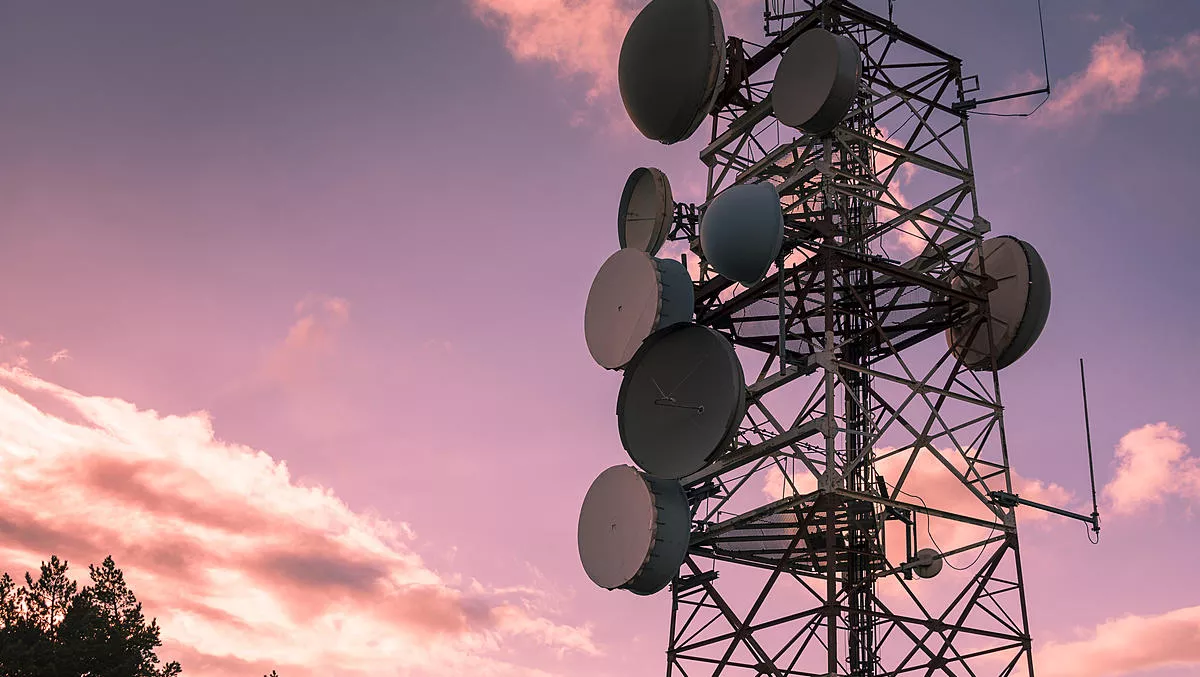
Vodafone has today provided an update on how its network is coping with increased demand for connectivity as New Zealand nears the end of its third week in alert level 4 lockdown.
The report highlights the increase in usage of voice calls, broadband and mobile data while underscoring the strong uptick in usage of Vodafone NZ's video conferencing tool.
Compared to pre-lockdown levels, voice call usage has risen the most at 60%, with mobile - fixed data increasing 20%, and rural broadband (RBI) rising 25% for on-peak and 40% for off-peak.
The number of Vodafone NZ video conferences rose 688%, while demand for international roaming has decreased by 99%.
While the vast majority of calls are with others in New Zealand, the top 10 most popular countries for Vodafone NZ callers to reach are:
- New Zealand
- USA
- Australia
- India
- United Kingdom
- Singapore
- Japan
- Ireland
- France
- Philippines
Remote learning initiatives kicked in this week in New Zealand as term two began, which has kicked the previously reported trend of increased daytime viewing of Netflix and Youtube, as students trade watching for learning.
This has meant that daytime Netflix traffic decreased 20% since the same time last week, and YouTube has decreased 5.5% during the same period.
Vodafone NZ also confirmed that Microsoft Teams was particularly in high demand, with many of its contact centre queries relating to the remote working tool.
The company also announced that it has reached Gold Competency level in enterprise deployments for Cloud Productivity of Office 365, as well as Silver status for Cloud Platform, Collaboration and Content, Communications, Messaging, and Windows and Devices.
Arson attacks on cell sites
Vodafone NZ has also addressed the seemingly wilful attempts at destroying 5G towers as false conspiracy theories circulate the internet linking 5G and COVID-19.
The company says it won't give specifics regarding whether its infrastructure had been affected, but did condemn the damage to cell towers.
It also revealed it had been the subject of threats, which it called ‘infuriating'.
“Every cell mast is essential for maintaining mobile services, particularly during a pandemic for critical health services, and we're deploying cell sites on wheels (COWs) or other network technology to boost mobile coverage for hospitals that need it,” says Vodafone NZ director of wholesale - infrastructure Tony Baird.
“Damage to our network infrastructure could impede health authorities' ability to save lives – and impacted cell sites could potentially be out of service for months, meaning a local community might not have mobile or home internet access depending on where the cell site is.
Internationally, Vodafone UK chief executive officer Nick Jeffries wrote in a LinkedIn post this week that ‘deluded conspiracy theorists' are threatening people's ability to talk to loved ones in hospital, following 20 Vodafone UK cell sites being attacked by arsonists.
Vodafone NZ says it is in the process of increasing 5G capacity via temporary 3.5GHz spectrum in Wellington CBD, primarily to give more capacity to the pandemic response unit.
New Zealand Police is leading the all-of-government COVID-19 task force in central Wellington, and have been provided with a number of 5G routers to enable connectivity.